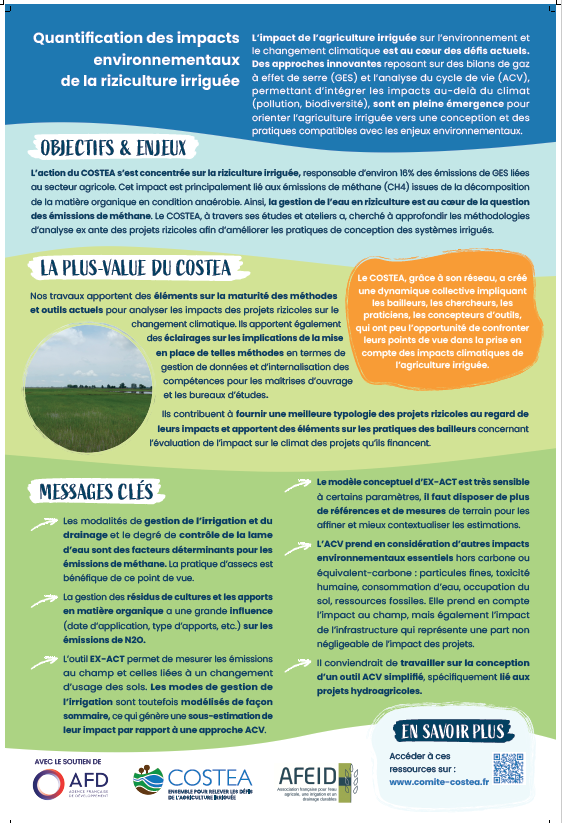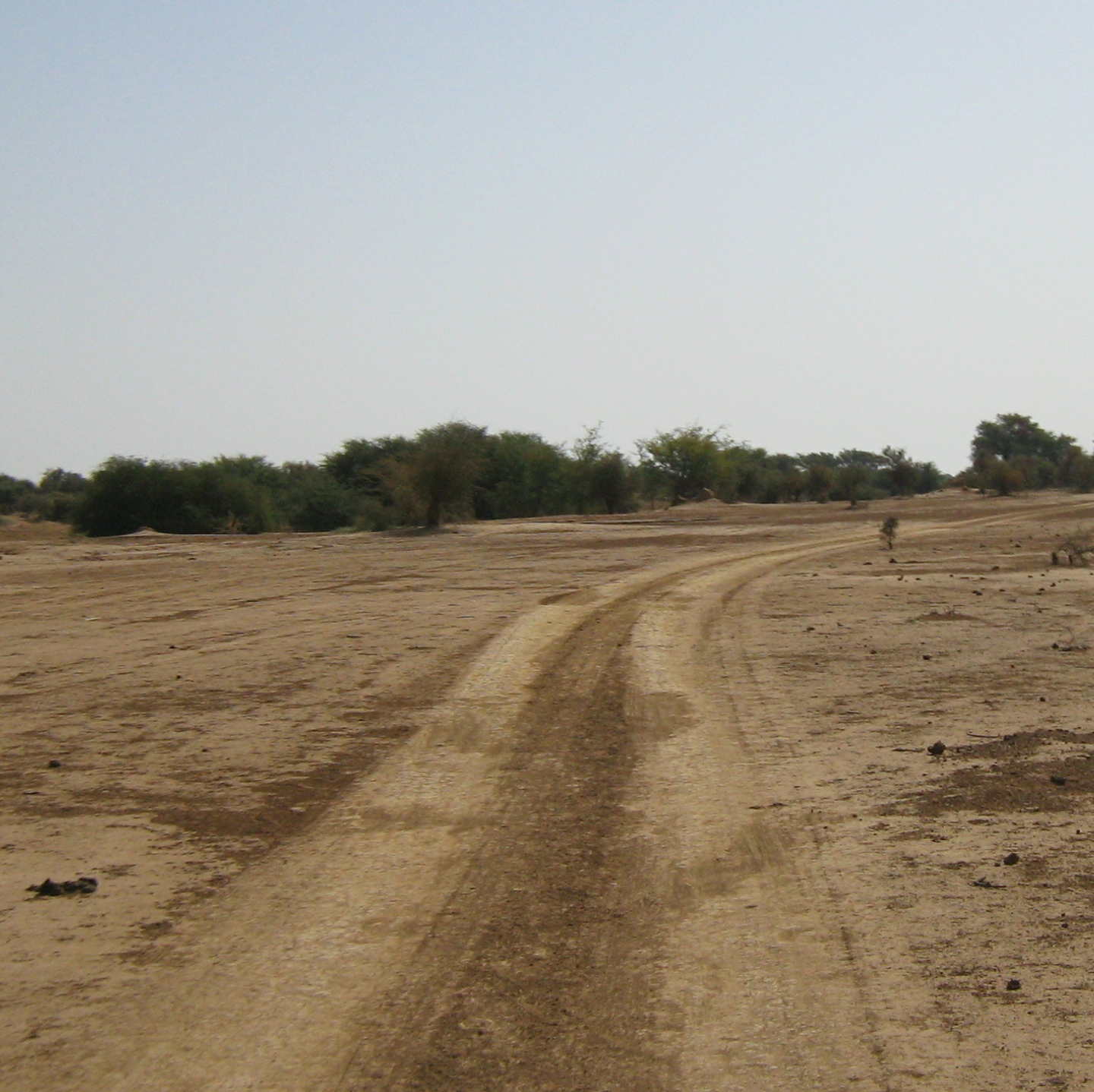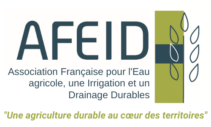Quantifying the environmental impacts of irrigated rice production
Our main publications
Why irrigated rice production?
The issue of the environmental impact of rice production, including its impact on climate change through carbon footprint analysis, is at the heart of the current challenges facing agriculture. Innovative approaches to integrate all the impacts related to the life cycle (LCA) of a production process are also gaining ground. These issues and approaches are highly relevant to irrigated rice production, a central focus of our work.
What do we do?
Our action aims to initiate collective thinking on the methods (advantages, limits and operationality) to be implemented to assess the impacts of irrigated agriculture on the climate, and the impacts of climate change on irrigated agriculture and more generally on the environment. To this end, we propose the organisation of seminars based on two main themes:
- The carbon footprint approach: tools and methods to make the approach more operational
- The state of progress of other approaches such as Life Cycle Analysis (LCA)
- The funding of a training course on 'The LCA and carbon footprint approach - case study on rice cultivation'
- The funding of a study in partnership with AFEID: 'Irrigated rice production and climate change: methodological developments for climate finance and the contribution to long-term AFOLU low-carbon and resilient trajectories'.
FURTHER READING
A workshop to launch the action was held in April 2021. You can find its presentation here.
The deliverables produced by the action:
- Riziculture irriguée et changement climatique – L3.1 – Identification des activités en renforcement des capacités de planification, monitoring et recherche à l’échelle nationale
- Riziculture irriguée et changement climatique – L2.4 – Indications pour l’analyse de l’alignement des projets avec l’Accord de Paris
- Riziculture irriguée et changement climatique – L2.3 – Identification des données à utiliser pour remplir l’outil bilan GES NEXT
- Riziculture irriguée et changement climatique – L2.2 – Définition des scénarios « projet » et « de référence » pour les bilans GES
- Riziculture irriguée et changement climatique – L2.1 – Indications pour mener les analyses relatives à l’adaptation au changement climatique d’un projet de riziculture irriguée
- Riziculture irriguée et changement climatique – L1 – Synthèse bibliographique
- Riziculture irriguée et changement climatique – L0 – Note méthodo ajustée
- Bibliographical synthesis (in French)
- Typology of irrigated rice production projects financed by AFD (in French)
Also for reading: How to quantify and reduce the impacts of irrigated rice production on climate change (in French).





